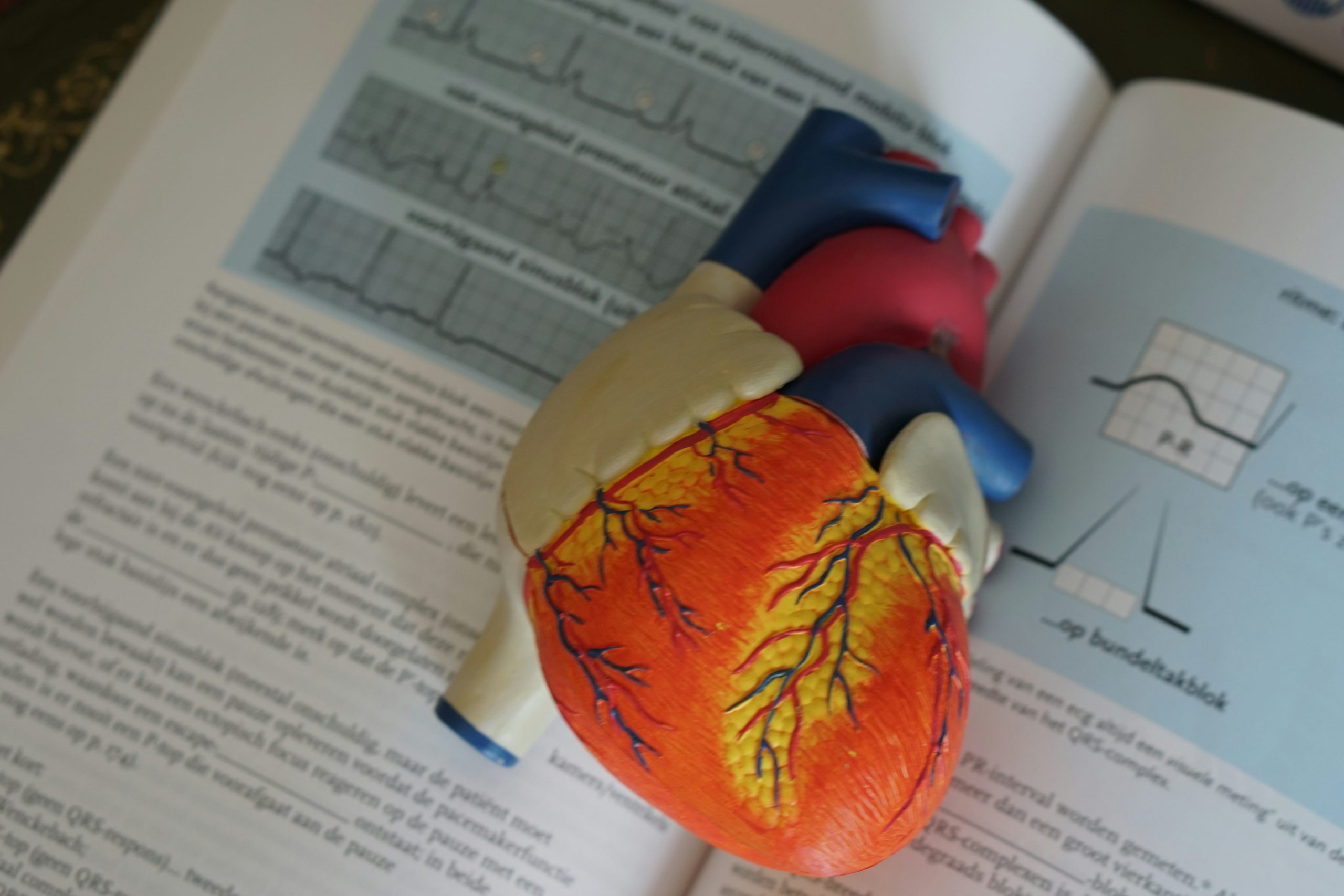How to protect your heart in winter

Winter can be dangerous for people with heart conditions. The cold months are associated with an increase in heart attacks and strokes, despite heart problems being seen throughout the year.
Numerous studies have noted an increase in cardiac incidents during this period, including heart attacks, heart failure, and arrhythmias. Stress and physical exertion also strain the heart, in addition to the sudden drop in temperature.
When temperatures drop, your body’s physiology changes to keep warm as it must work harder to maintain a healthy body temperature. In low temperatures, the sympathetic nervous system is activated and catecholamines are released, causing blood vessels to constrict, heart rate to rise, blood pressure to rise, cholesterol levels to rise, and blood clotting to increase.
As winter approaches, individuals with heart conditions may be at risk from cold weather. Heart attacks in the winter, strokes, and other cardiac incidents increase even though heart issues are a concern year-round. To protect your heart health, you must understand the physiological changes that occur during colder weather. We will explore practical measures to ensure a healthy heart throughout the chilly season in this continuation of the discussion on “How to Protect Your Heart in Winter.”
The Impact of Winter on Heart Health
It has been shown in numerous studies that winter is associated with more cardiac problems. The colder months are more likely to be associated with heart attacks, heart failure, and arrhythmias. The abrupt drop in temperature, stress, and physical exertion all contribute to heightened risk.
As temperatures plummet, the body changes physiologically to maintain warmth, causing the cardiovascular system to work harder. Catecholamines are released as the sympathetic nervous system is activated. By stimulating blood vessel constrictions, elevating heart rate, raising blood pressure, increasing cholesterol levels, and promoting blood clotting, this hormonal response causes blood vessels to constrict. Individuals with pre-existing cardiac conditions may suffer considerable harm from these changes collectively.

Understanding the Risks
1. Cold-Induced Stress
As winter approaches, it is not uncommon for the body to be stressed by the cold. The increased workload on the heart can be especially taxing for those with compromised cardiovascular health, as low temperatures prompt the body to work harder to maintain a normal body temperature.
2. Seasonal Changes in Diet
Dietary changes often occur during the winter months. For individuals with heart conditions, maintaining a heart-healthy diet becomes especially important during festive times. The holiday season, in particular, is marked by indulgent meals and treats. Blood pressure and cholesterol levels can be elevated by excessive consumption of fat and sodium.
3. Physical Exertion in Cold Weather
In winter, individuals with heart conditions may be at greater risk of cardiovascular complications. Cold weather constricts blood vessels, which makes it harder for the heart to pump blood efficiently. Cold air combined with exertion can also raise blood pressure and heart rate, potentially resulting in heart attacks.

Protecting Your Heart in Winter
1. Maintaining a Heart-Healthy Diet
The holiday season may be tempting for those with heart conditions, but it’s important to eat heart-healthy food. Keeping your cholesterol levels and blood pressure stable can be achieved by maintaining a balanced diet. This includes eating a variety of fruits, vegetables, whole grains, and lean proteins.
2. Seeking Medical Guidance
Healthcare providers can provide personalized heart care winter advice to individuals with existing heart conditions. Winter heart health can be improved significantly with medication adjustments, monitoring plans, and recommendations tailored to individual health profiles.
3. Dressing Appropriately
A good outfit is the first line of defense against winter’s impact on your heart. People with heart conditions need to dress in layers to help keep their core temperature stable, as it reduces the burden on their cardiovascular system.

4. Staying Active Safely
In winter, it’s important to exercise safely to maintain heart health. The controlled environment provides a conducive environment for indoor activities such as treadmill walking or exercise classes. Be mindful of any symptoms that may indicate heart strain if you venture outside, a warm heart in winter is important, wear appropriate clothing, and wear appropriate gear.
5. Monitoring Blood Pressure
During the winter, it is even more important to monitor your blood pressure regularly. It is possible to experience an increase in blood pressure when the weather is cold due to the constriction of blood vessels. Hypertensive or other heart disease patients should closely monitor their blood pressure and seek medical assistance if fluctuations become significant.
6. Managing Stress
Holiday-related pressures, coupled with winter stress, can be detrimental to heart health. Cardiovascular health can be enhanced by practicing techniques such as deep breathing, meditation, or yoga.

Conclusion
During the winter, it’s essential to safeguard your cardiovascular health, especially for those with heart conditions. A practical strategy to mitigate risks induced by colder temperatures can make a significant impact if we understand the physiological changes induced by colder temperatures. Individuals can manage their heart well-being during winter months by dressing appropriately, exercising safely, monitoring blood pressure, maintaining a heart-healthy diet, managing stress, and seeking medical guidance. Keep your heart healthy for a lifetime with a little extra care during winter.




